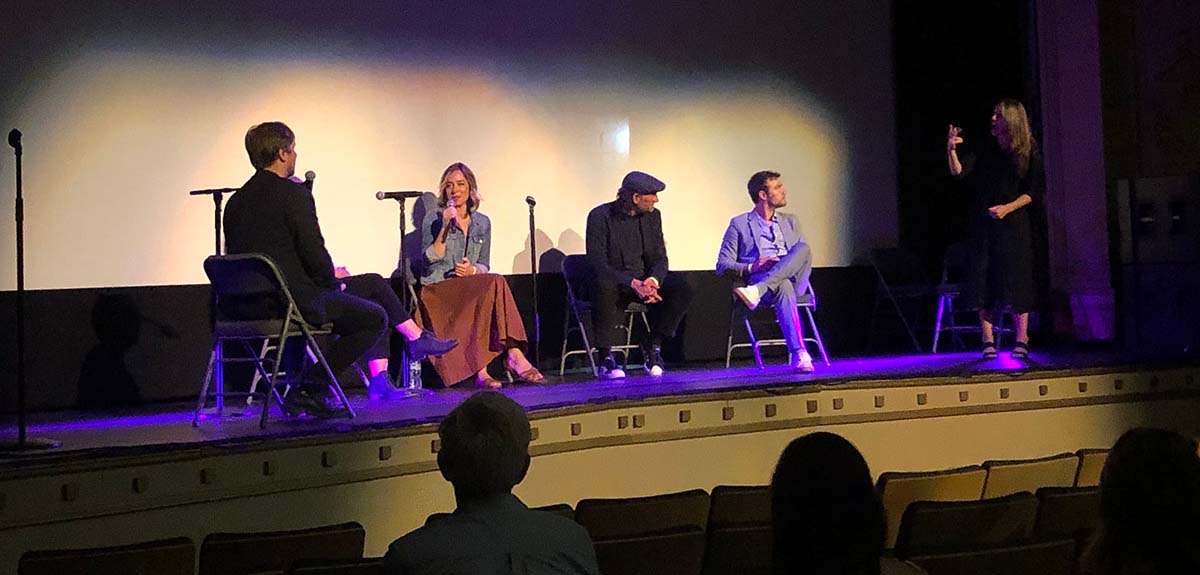
by Jen | Aug 24, 2022 | Film Screening, Imagine News
By Carl Hansen for IMAGINE News The Cabot Cinema in Beverly that shows CODA playing there I had the pleasure of being in Massachusetts when the Oscar-winning film, CODA, was screening at The Cabot event space in Beverly. (In fact, the ticket to the event was a gift...


